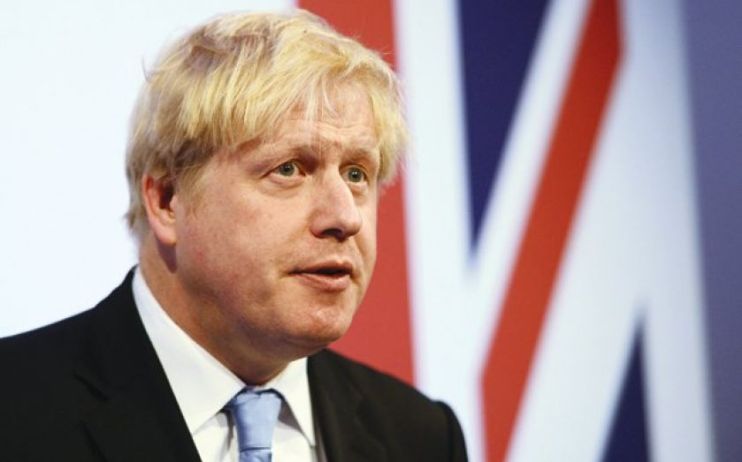No-deal Brexit risk climbs to 30 per cent as Boris Johnson leads Tory leadership contest

Economists are forecasting that Britain’s chances of leaving the EU without a deal is at its most likely since October 2017, according to a Reuters poll.
As expectations mount that Boris Johnson is likely to become the next Prime Minister, a median forecast of 30 per cent of financial experts are predicting Britain and the EU will not agree terms by a deadline of 31 October, rising from 25 per cent in June and 15 per cent in May.
Read more: Jeremy Hunt misses crucial government Brexit vote by mistake
Peter Dixon, Commerzbank AG’s global financial economist, said: “The likelihood of a Boris Johnson premiership and the rhetoric which has surfaced during the campaign suggests that this outcome is more likely than we previously believed.”
Johnson, who is currently the front-runner in a race against Jeremy Hunt to succeed Theresa May as PM, has vowed to take Britain out of the EU with or without a deal by the Halloween deadline, sparking speculation of a no-deal Brexit.
However, last night MPs fired a warning shot at Johnson when they voted in support of a plan that would prevent him from suspending Parliament to force through a no-deal departure.
Seventeen Conservative MP voted against the government and four cabinet ministers abstained.
Yesterday an influential group of MPs also called on the Bank of England and the Treasury to update Parliament on the economic impact of different Brexit scenarios, including a no-deal.
Nicky Morgan, who heads up the Treasury Select Committee in Parliament, has asked Bank of England governor Mark Carney and Treasury permanent secretary Sir Tom Scholar to submit up-to-date findings on how Britain’s departure from the EU could affect the economy.
The request for updated analysis comes almost 12 months after the committee first asked the UK’s top banking bodies to submit reports into the impact of different Brexit scenarios ahead of a planned deadline to leave the EU by 31 March.
In November last year the Bank of England gave its verdict, warning that a worst-case scenario based on a “disorderly Brexit” could trigger a recession worse than that of the 2008 financial crisis.
Read more: Tory rebels vote with Labour to help prevent a no-deal Brexit
The report, which was based on potential scenarios rather than forecasts, angered prominent Brexiteers such as Jacob Rees-Mogg, who branded Carney a ‘second-tier failed politician’.
In its findings Threadneedle Street also said that the UK’s banking sector could survive any Brexit outcome, with every major British bank passing the year’s financial stress tests.